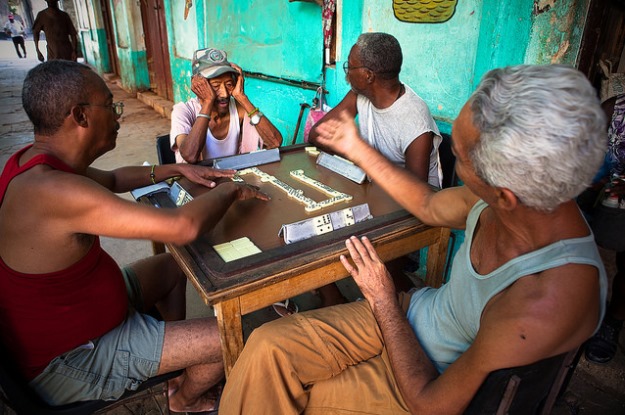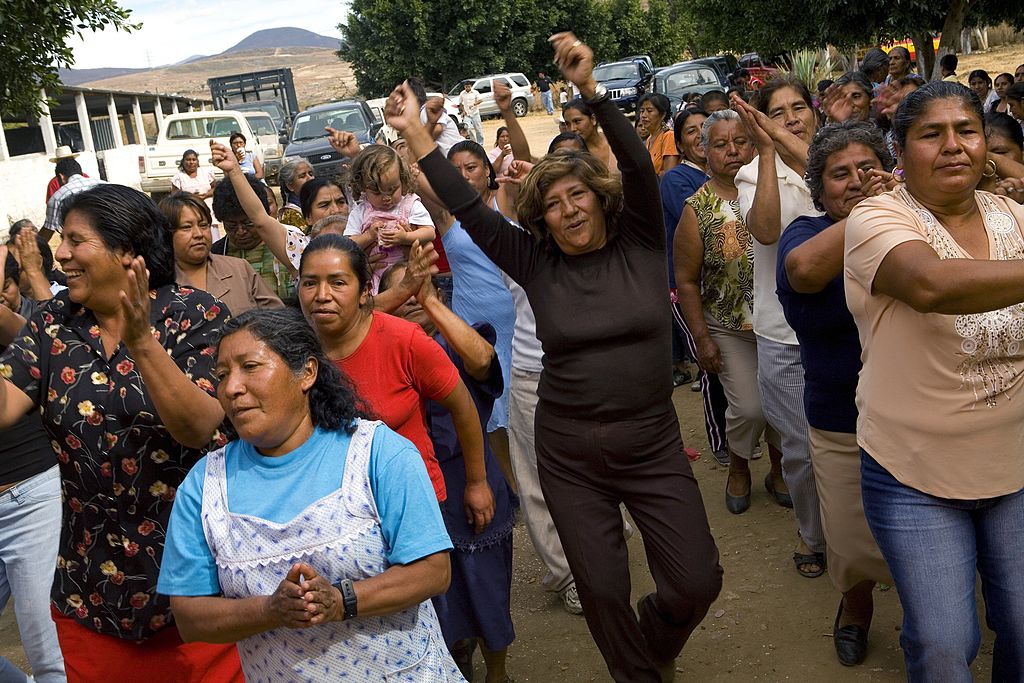Whether or not President-elect Donald Trump follows through on plans to reverse the U.S.’ economic opening with Cuba, entrepreneurship on the island will be hard to get rid of. Reforms enacted by President Raúl Castro in 2011 (three years before the U.S. rapprochement began) have already led to a boom in restaurants, bed-and-breakfasts, private taxis and other small ventures on the island. Though Cuba’s economic liberalization is unlikely to come in a straight line, the direction of change is apparent.
But the question of who will enjoy the fruits of that change remains to be seen. As Cubans have benefited from new economic opportunities, the country’s sizable Afro-descendant population has increasingly been left behind. President Barack Obama recognized the role that U.S. policy played in making these problems more acute, and said he would cooperate with Castro in finding ways to stem the island’s rising inequality. It is an area of the economy in which Cuba could use a willing partner.
A big part of the problem can be traced to Afro-Cubans’ limited access to capital. An estimated 70 to 80 percent of Cuba’s small businesses are funded with remittances from abroad or through family money, but the percentage of Cubans living off the island is heavily skewed towards the white population; as many as 85 percent of Cuban-Americans identify as white, for example.
It’s no surprise, then, that there is a noticeable disparity between the rate at which white Cubans and Afro-Cubans have been able to establish businesses. According to a 2014 study of the island’s remittance recipients, approximately 81 percent of those who already owned a business were white.
The differences are especially stark in profitable tourist-serving ventures such as paladares (private restaurants) and casas particulares (bed-and-breakfasts). In Open for Business: Building the New Cuban Economy, author Richard E. Feinberg estimates that 80 percent of paladares “benefit from expatriate funding.” The Afro-Cuban community is less able to draw upon the resources of family members in the U.S. and elsewhere as a source of startup capital.
The Obama administration’s complete removal of the caps on remittances to Cuba has allowed Cuban-Americans to support their families in developing an entrepreneurial class on the island, but it has also exacerbated the country’s growing inequality problem.
Obama acknowledged this disparity when he traveled to the island in March, the first visit by a sitting president in 88 years. During a speech to Cuban entrepreneurs in Havana he said, “entrepreneurs flourish when there’s an environment that encourages their success … and perhaps most importantly, when everybody has a chance to succeed, including women and Afro-Cubans.” Working to make that happen was to be part of the administration’s continued cooperation with the Castro government.
Aside from remittances, Cubans have few other options to turn to for startup capital. The meager wages earned from state salaries – typically $20-$30 per month – are hardly sufficient to meet basic needs, much less to save to invest in a business. And though the Cuban government has expanded access to credit through state-owned banks, there are limitations. Many Cubans distrust the banking system, and believe that loans are only available for the elite.
The lack of confidence is understandable. While the Cuban government has provided approximately $135 million in loans since 2011, “complicated bureaucratic procedures” make it difficult to obtain credit, Cuban economist Pavel Vidal Alejandro told AQ. He cited the requirement for a full examination of new businesses by government inspectors – a process dreaded by many Cubans – and the burdensome collateral requirements to obtain a loan. Without outside sources of startup capital, the average Cuban working in the state sector would find it extremely difficult to obtain the goods, equipment or housing to start a business.
And for Afro-Cubans, there’s yet another barrier. Most Cuban entrepreneurs do business from their homes, opening small shops or transforming entire floors or houses into private restaurants or bed-and-breakfasts. But Afro-Cubans disproportionately live in smaller, apartment-style housing such as that in the district of Alamar, limiting the physical space with which to run a business.
Underlying all this is a history of discriminatory employment practices in Cuba’s tourism sector. Katrin Hansing, a social anthropologist at the City University of New York, told AQ that Afro-Cubans are largely underrepresented among Cuban hotel workers. “Though there has been critique of this and some changes have been made, if you go to a Cuban hotel most workers who deal with tourists directly are still going to be white,” she said. Tourism is one of the few sectors which, through tips from tourists, Cubans can gain access to Cuban Convertible Pesos (CUC), the stronger and more valuable of Cuba’s two currencies.
Despite his well-documented failures on numerous human rights issues, Fidel Castro will be remembered by many as being on the right side of history in the fight against racism, apartheid and imperialism. His regime enacted a host of anti-discrimination policies, and state programs for universal education, housing and healthcare have hugely benefited Afro-Cubans who had been marginalized for centuries under slavery and colonialism.
But as the Cuban economy enters a new chapter, many Afro-Cubans are now missing out. An influx of U.S. remittance and tourism dollars contributed to the problem – U.S. disengagement won’t make it any better.
—
Williams is an editorial intern for AQ. He is from Jamaica.








